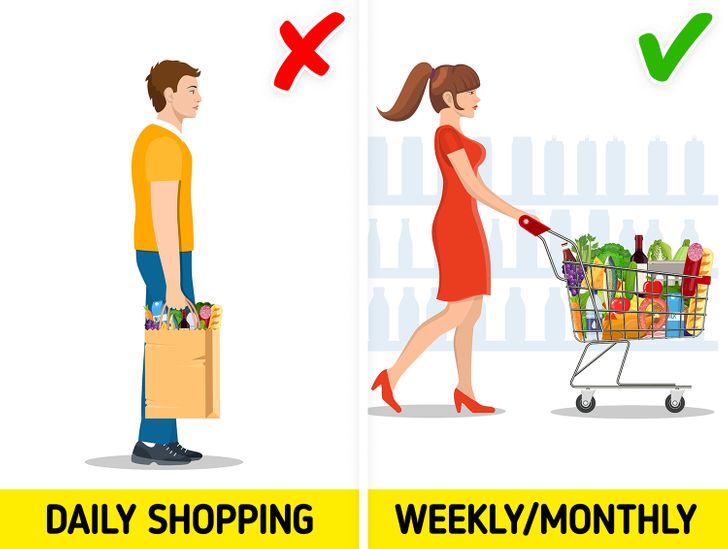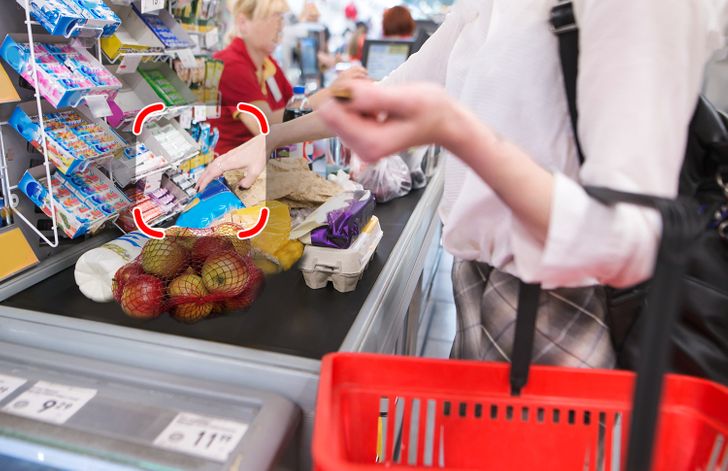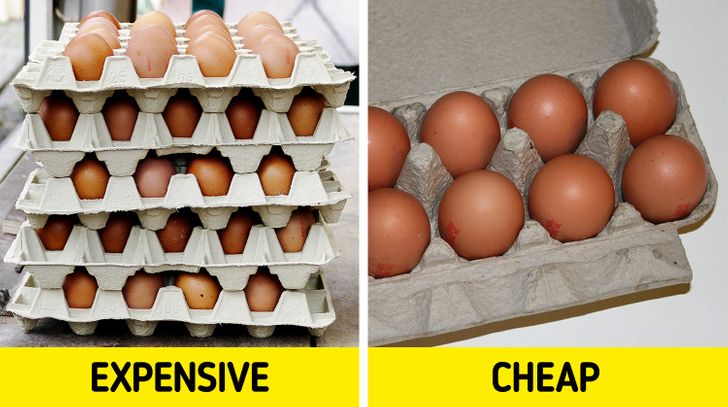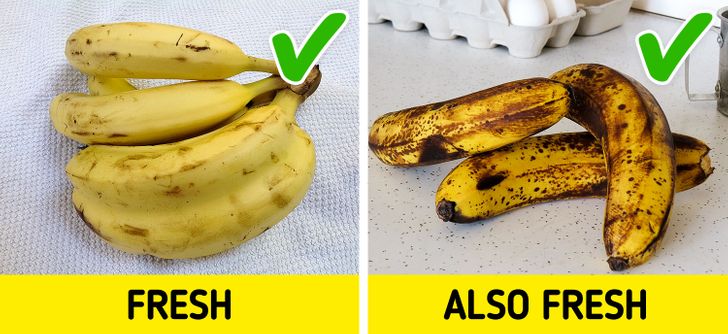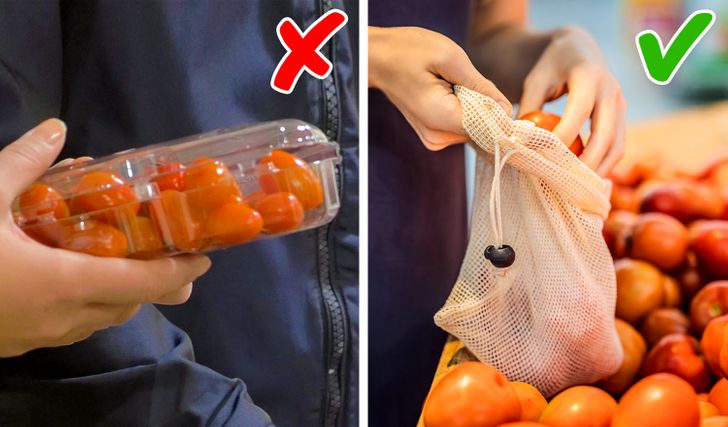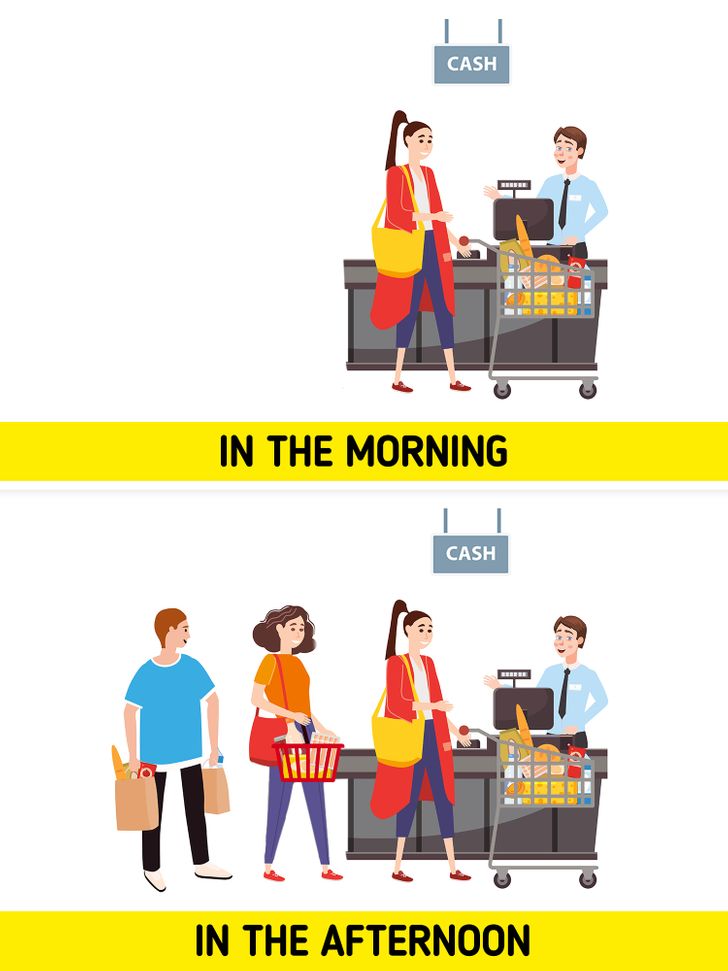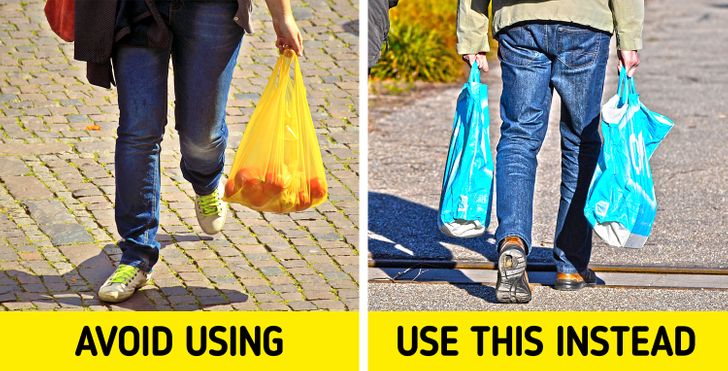fabbb
8 Common Mistakes We Make When We Go Grocery Shopping
Going grocery shopping can be quite a challenge, especially if you’re not used to it and you tend to fall prey to certain habits that make you waste time and money. The good news is that it only takes a little tweaking of our habits to make the right purchase, to overcome the usual obstacles most buyers face, and to save some money that will come in handy in case of an emergency.
Bright Side selected the most common mistakes that people make when they go shopping and the problems they face as a result.
1. Trying “free samples”
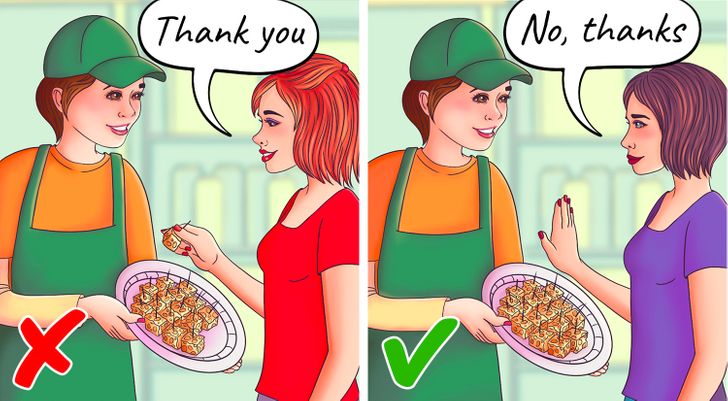
Many businesses offer free samples to promote some products and improve the buyer’s experience. Occasionally, this encourages the urge for you to buy a product that you don’t actually need and leads to impulse buying, particularly if you don’t plan your shopping in advance.
2. Going shopping too often
You should consider doing weekly or monthly trips to the grocery store, bearing in mind the products that you usually use or eat every day. Going to the supermarket once a week can come in handy in the case of food that may go bad soon. On the other hand, going once a month will help you save up on gas and travel expenses.
3. Buying out of impulse and not necessity
We need to buy food, hygiene products, and medicine for our everyday lives. However, when we acquire a product just for the sake of having it and this process is repeated several times, then we are buying out of an impulse. This usually happens when, for instance, we go shopping on an empty stomach. When we’re hungry, we crave those appetizing sweets even more at the checkout counter. A great way to avoid this is by going to the supermarket after having eaten.
Another recommendation is to plan our shopping in advance so that we won’t have to go back to the store for that “forgotten item,” since we might end up leaving with more products than we intended to buy in the first place. It’s highly advisable to create your own menu and make a grocery list that will help you to prioritize the essentials, namely food and cleaning supplies.
4. Bulk buying
Whenever we buy packaged goods in large quantities, we feel as if we’re saving tons of money. However, these products may hide the real cost and we may sometimes end up throwing away perishable foods. That’s why we should take the necessary measures that will truly help us save money and time, like buying smaller packages.
5. Letting appearances deceive you
When it comes to fruits and vegetables, many of us get carried away by how they look. We believe that “pretty” equals quality. Nevertheless, in the case of these products, there’s much more to consider—color, smell, firmness, and size also matter.
Moreover, many shops polish the fruit so it’ll look more appetizing. So, before choosing a product that looks pretty and shiny, you should smell it and touch it to make sure it’s ripe.
6. Buying packaged meat and vegetables
In order to keep meat or vegetables fresh, we can use certain kinds of packaging like vacuum packaging. But other kinds of packaging may present problems. For example, they may contain microbes, which affect the nutrients in these products. This happens as a result of not storing the product in cold storage or not controlling the temperature properly.
Additionally, the excessive use of plastic has an environmental impact. A way to reduce single-use plastic is to buy loose. This has many more advantages, like being able to control how much food you buy, always getting fresh fruits or vegetables, and having the chance to assess their quality first-hand.
7. Going shopping at the end of the day or week
A study has suggested that impulsive decisions are due to the fatigue connected to the different activities that we do during the day.
When it comes to shopping, this can be a problem if we go to the supermarket at the end of the day or the week when there are more people and queues are longer. Doing our grocery shopping in the morning can help us to minimize how long we are at the store and avoid any temptations found in the main aisles.
8. Not using our own shopping bags
Depending on which country we live in, there are rules that regulate the use of plastic bags in supermarkets in order to avoid accumulating waste that will contaminate the environment. Moreover, many establishments charge their customers for the bags they use. By using our own bags made of fabric or other materials, we are not only looking after our planet but also saving some money.
What are your smart shopping tips? How do you find a balance between your necessities and your cravings to avoid unnecessary expenses?
Got some cool photos or stories and want to be featured on Bright Side? Send them all right HERE and right now. Meanwhile, we’re waiting!
Comments
what in gods love do people have habits that satan
gave them? I never eat "free samples" like who the
f*** does man?
Related Reads
11 Stereotypes That Should Have Stayed in the Past, But Still Hurt Us Today

10 Weird Facts About the World That’ll Baffle You

12 Real-life Stories That Show Kindness Can Move Mountains

12 True Stories That Can Mend a Broken Heart Stitch by Stitch

I Refuse to Let My Irresponsible Stepdaughter Exploit Her Dad

My Family Dishonored My Late Baby’s Memory—I Couldn’t Stay Silent
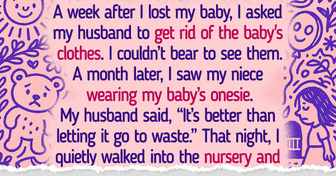
I Left My Granddaughter’s Wedding After Her Comment on My Appearance

15 Stories That Have More Unexpected Twists Than a Hollywood Blockbuster

My Baby Cries Hysterically Every Time My Mother-in-Law Is Around — I Finally Discovered Why

12 People Who Could’ve Never Imagined What Was Coming Next

14 People Who Went From 10 to 0 in an Instant

12 People Who Felt Disgusted in the Most Eerie Way

